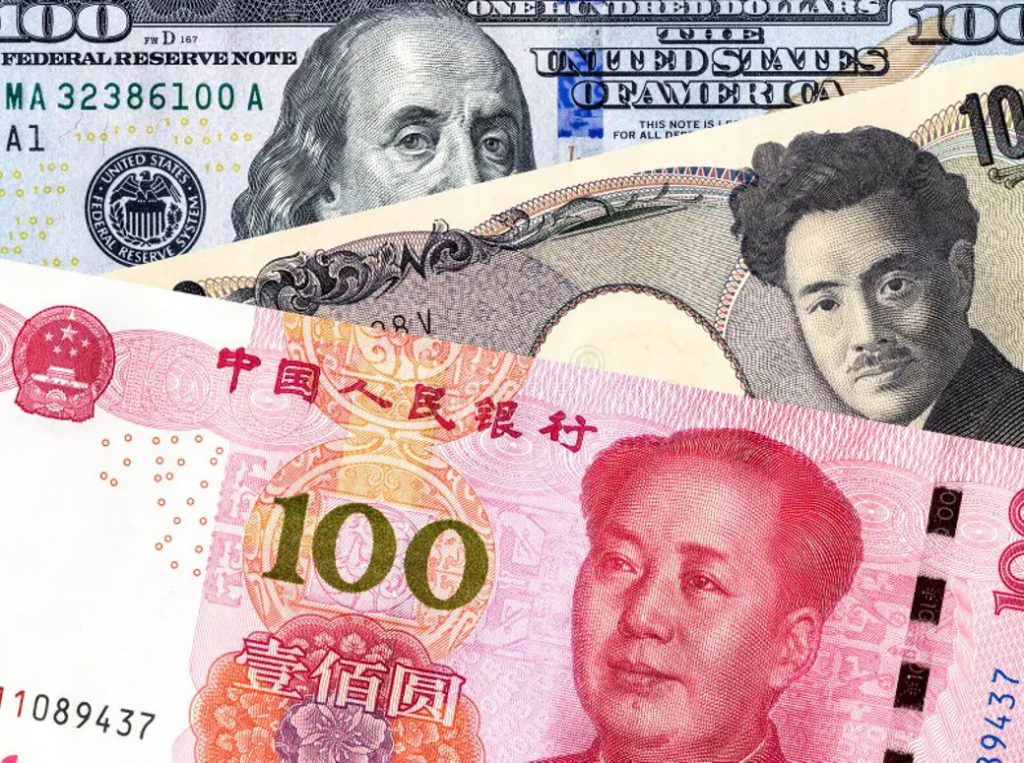In what is a clear signifier of the BRICS de-dollarization success, US dollar global reserves have plummeted to record lows in 2024. Indeed, data shows that the share of reserves held in the greenback has fallen. Moreover, the economic alliance has continued to seek an international shift away from the currency.
The bloc has embraced increasing trade agreements that ditch the dollar. Specifically, Russia has orchestrated dealings with Iran, India, and North Korea that seek to challenge Western dominance in the trade sector. Those efforts are clearly having an effect, based on the recent metrics.


Also Read: BRICS Calls Its Payment System a Global Bombshell as it Nears Arrival
US Dollar Reserves Plummet Following BRICS De-Dollarization
The BRICS bloc has firmly embraced de-dollarization over the last several years. With Russia combating sanctions since 2022, the promotion of local currencies has been driven by necessity. Now, it appears as though those efforts are starting to have an effect.
BRICS initiatives have driven the US dollar global reserve to hit record lows in 2024. Indeed, the Atlantic Council’s Dollar Dominance Monitor notes a stark decline. Specifically, the share of international reserves held in the greenback has dropped to 59% this year. Conversely, that number was as high as 72% in 2002.
The economic collective’s currency initiative has been the driving force behind expansion interest. With countries like Malaysia, Thailand, Nigeria, and Venezuela clamoring to join, Western hegemony appears to be the most important factor in that interest.


Also Read: BRICS Makes Major Announcement on Alliance Expansion
A researcher at the Lowy Institute, Rahman Yaacob, said as much in an interview with Fortune. “For some countries, BRICS can be a counterweight against US economic hegemony,” he noted. Therefore, it provides a way to hedge against emerging concerns regarding the US economy.
In August, recession concerns drove a mass stock market crash. The US market lost $2 trillion, with Japan’s stock market suffering its single greatest daily loss in history. Those fears are in concert with worries over the ballooning US debt, now reaching $35 trillion. Several countries appear weary of putting increased faith in the West. That appears to be encouraged by BRICS, and driving strategies away from the dollar.





